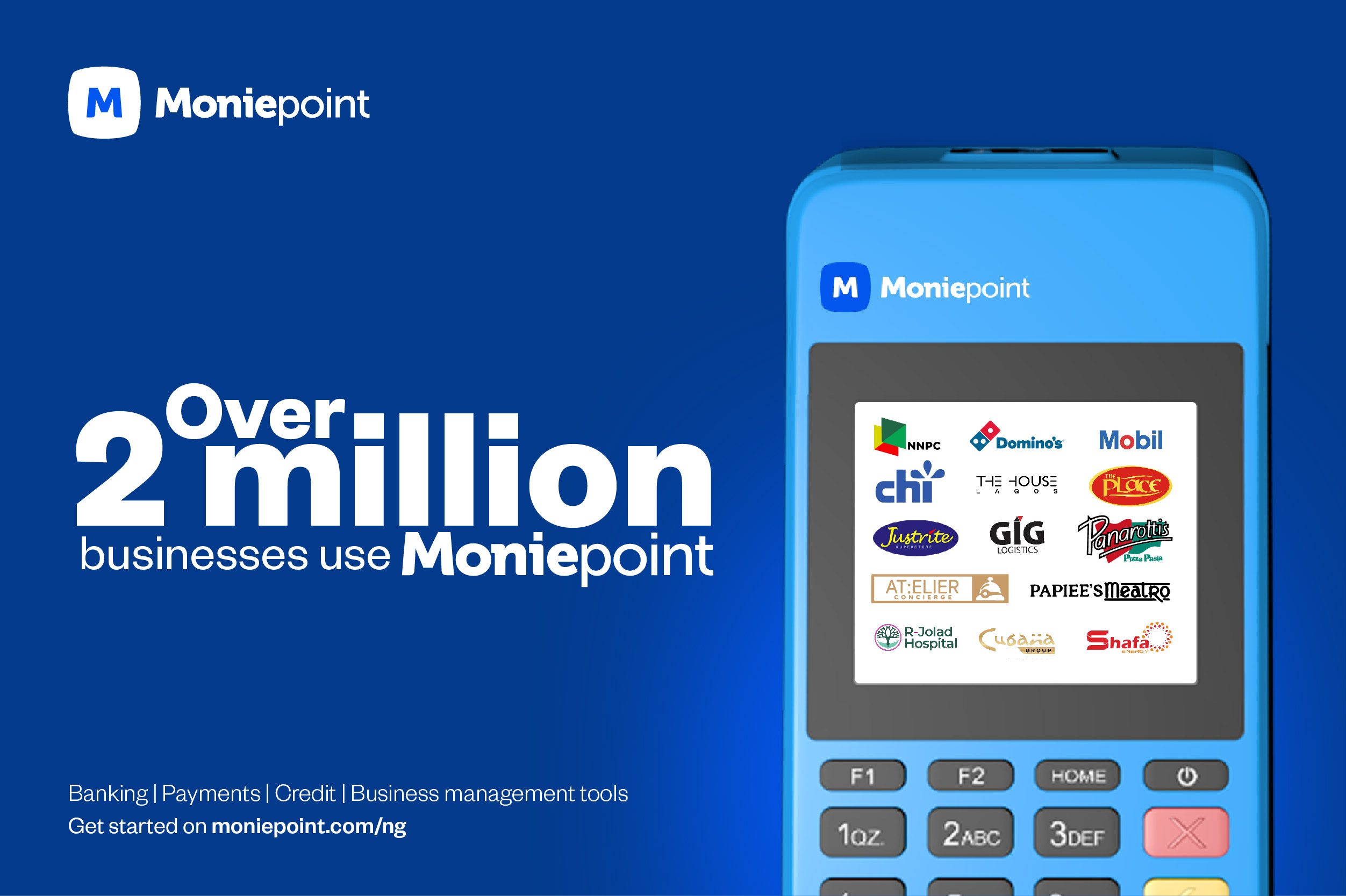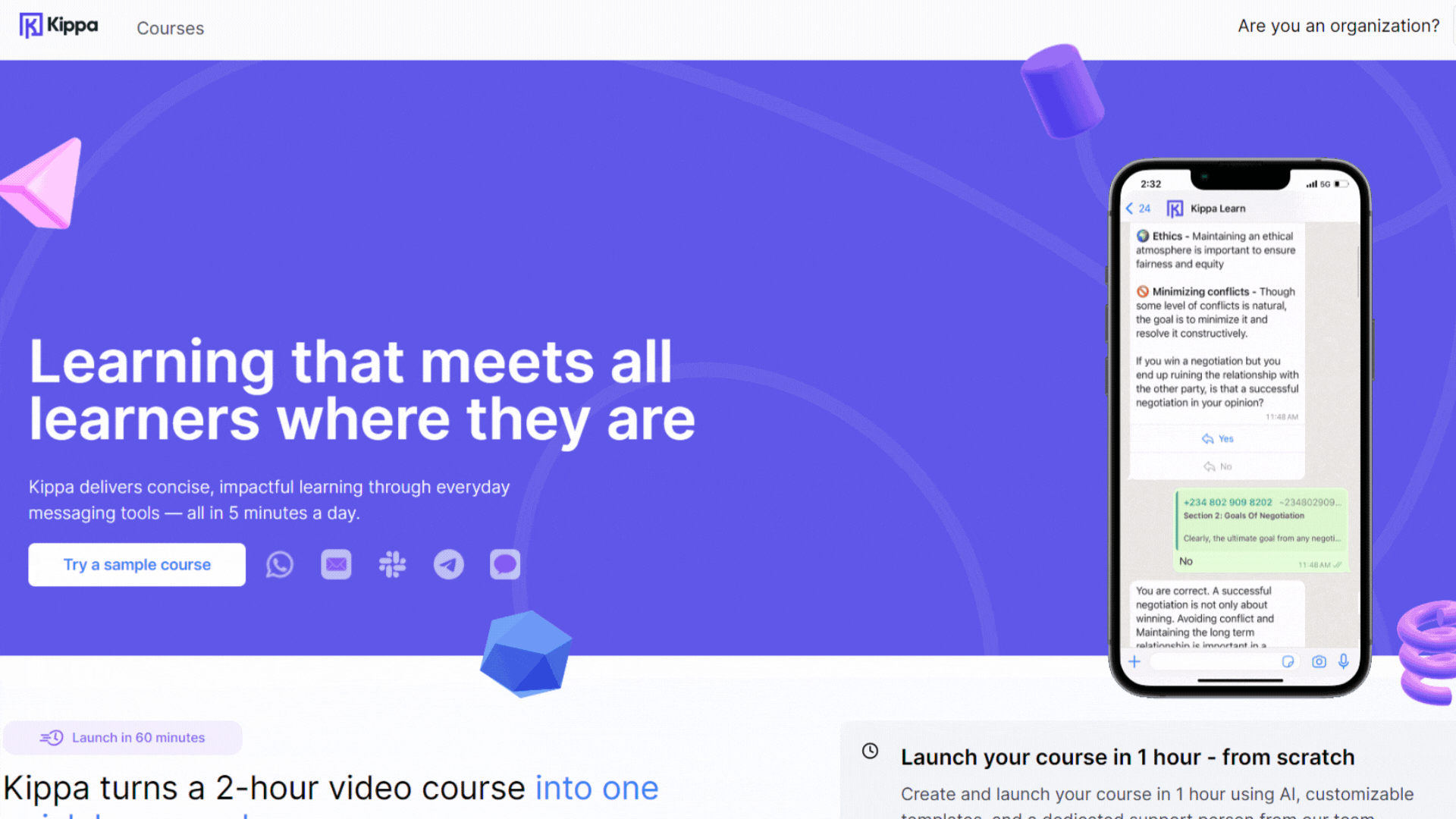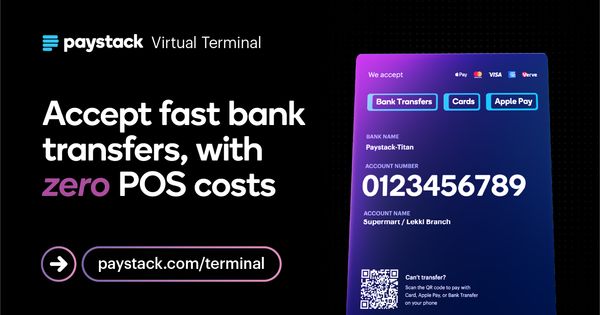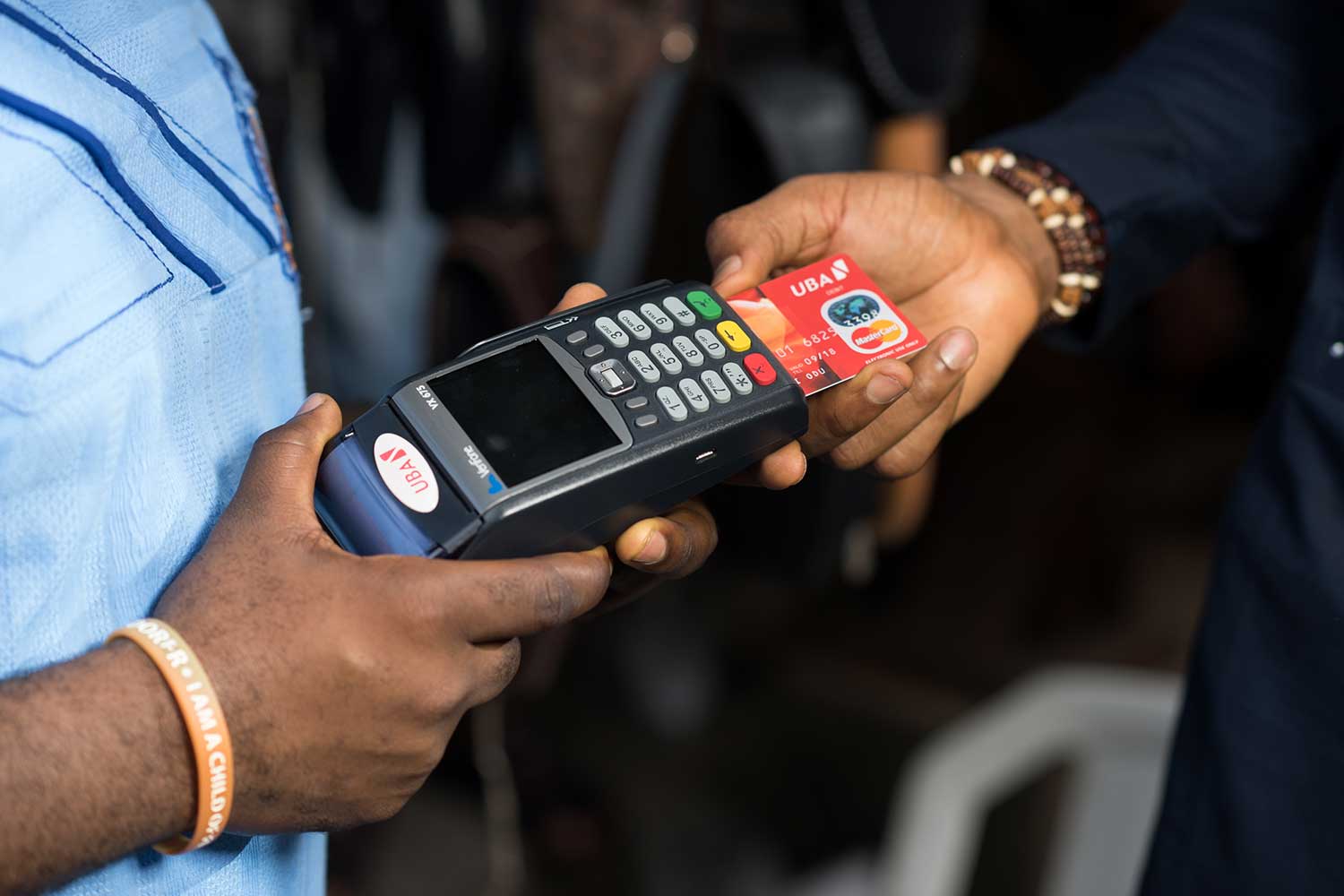

Happy new month ☀️
You can start your month with learnings from Africa’s tech ecosystem.
Last week, we launched the State of Tech in Africa Q4 2023 report, and it contains critical details on how the ecosystem performed in 2023, and forecasts by industry experts. Download it for free here.
Google Cloud has set up shop in South Africa
The clouds are gathering over South Africa, and it’s not just a weather forecast.
The high cost of cloud computing is stifling African startups. Just last week, social media erupted with frustrated founders and operators complaining that cloud services eat up a huge chunk of their budget, making it difficult to stay afloat. This sparked debates about whether Africa needs to develop its own cloud solutions to break free from this financial burden and empower its growing tech scene.
While homegrown cloud solutions hang on the horizon, more international cloud service providers are setting up shop in the continent.
The news: Yesterday, Google announced the launch of its cloud service in South Africa, its first on the continent. Google became the latest cloud service provider in the country after the launch of Microsoft Azure in 2018, Amazon Web Services (AWS) in 2020, and Alibaba Cloud in 2019.
Why does it matter? Google’s entry into South Africa means that local businesses get direct access to Google’s powerful cloud services, giving them improved speed and storage space to help optimise their service delivery.
While the launch in South Africa serves as a huge boost for its tech ecosystem, the move also signals fierce competition to existing cloud service providers. The diverse cloud landscape might force cloud service providers to offer competitive prices to businesses in the country. For the everyday Joe, the move means faster downloads; and no more buffering videos or lagging apps.
Zoom out: While Google’s entry into South Africa offers exciting opportunities for businesses and individuals, it also raises concerns about data privacy and security, particularly with local data now stored on the cloud. Recent high-profile data breaches and government surveillance programmes, both globally and within Africa, highlight the need for robust data protection laws. South Africa should consider policies similar to the EU’s General Data Protection Regulation (GDPR) to ensure user control over personal data, increase transparency from cloud providers, and hold them accountable for data breaches.
Access payments with Moniepoint

Moniepoint has made it simple for your business to access payments while providing access to credit and other business tools. Open an account today here.
Kippa makes an edtech play
It’s not every day you get to see a fintech become an edtech.
What? In an interesting turn of events, Kippa, a Nigerian startup which started as a fintech is pivoting to provide edtech services. Kippa’s new edtech play will allow users create new online courses or deliver existing ones in bite-sized formats using AI.

Why? While Kippa’s pivot might have you howling, its pivot remains unsurprising given the startup’s recent turn of events. Kippa laid off 40 of its employees in 2023 after it shut down its agency banking subsidiary, KippaPay. The startup later transferred KippaPay to Nigerian fintech, Bloc, with some of its employees moving to the startup as a result. Kippa also struggled to make severance payments for its laid-off employees after it suffered a ₦30 million ($33,516) internal fraud.
Before the eventual shutdown of KippaPay, the startup made efforts to resuscitate the ailing business. Kippa tried to unify KippaPay with the bookkeeping app. It also tried to monetize its Invoice service, all of which yielded no results.
Zoom out: While its effort to salvage the troubled startup continues, Kippa has embraced an edtech play, putting out a new website that would allow users to produce online courses and deliver those courses using messaging tools like WhatsApp and Telegram. It remains uncertain what Kippa will do to its existing fintech customers.
Secure payment gateway for your business

Fincra’s payment gateway enables you to easily collect Naira payments as a business; you can collect payments in minutes through bank transfers, cards, virtual accounts and mobile money. Create a free account and start collecting NGN payments with Fincra.
Bolt expands to Zimbabwe
Bolt has crossed the 12-country mark in Africa, with a launch in Harare, Zimbabwe.
In Zim, Bolt is taking the same route it used in its 2022 Zambia launch: it’s starting with a zero-commission policy for its first six months and 300 drivers.
Bolt’s Zimbabwe expansion aligns with its plan to invest $530 million in Africa over the next two years, which will also see the creation of 300,000 driver jobs across the continent. The company operates in over 45 countries globally, serving over 150 million customers and working with over 3 million drivers.
A familiar strategy: New market entrants are sacrificing short-term commissions to drive down prices and attract customers. This strategy, witnessed in the relaunch of rival companies like inDrive and Rida in Zimbabwe, relies on retaining price-sensitive consumers as prices undergo eventual adjustments.
Bolt enters the fray: Local players like Hwindi have been the dominant ride-hailing platform in Zimbabwe since 2015. However, with the recent launch of inDrive and Rida in 2023, the landscape has shifted. They’ve lured customers with low fares fueled by massive ad campaigns and no initial commissions. According to drivers, inDrive reportedly charges a 10% commission while Hwindi charges 16%.
With Bolt joining in, the competition is set to intensify even further.
Accept fast in-person payments, at scale

Spin up a sales force with dozens – even hundreds – of Virtual Terminal accounts in seconds, without the headache of managing physical hardware. Learn more →
Bboxx shifts headquarters from London to Rwanda
Late last year, Tanzanian fintech company NALA surprised many by choosing Rwanda, not Kenya, as its East African settlement hub. This decision went against the grain, as Kenya boasts a well-established tech ecosystem brimming with multinational tech giants like Microsoft and Meta. But NALA’s decision wasn’t far off.
Rwanda is rapidly emerging as a tech hub, driven by government initiatives to boost ICT and attract major players like the Norrsken Foundation. The East African country, unlike Kenya, has business-friendly policies, including the Kigali International Financial Centre and an upcoming Startup Act, cementing its status as an attractive destination for innovation. The country is also actively addressing the financing challenges faced by tech-enabled companies through its Rwanda Innovation Fund.
Now, other companies are following NALA’s footsteps and turning their eyes on Rwanda.
Bboxx, a data-driven cleantech startup that provides clean energy in Africa, has relocated its global headquarters from London to Kigali, Rwanda.
This move comes after Bboxx formed a $100 million partnership with EnerTech, a Kuwaiti investment firm to deliver clean technologies to new customers in December 2023.
Building a thriving ecosystem: Over the last two years, Bboxx has been on an impressive trajectory. In April 2022, the company acquired PEG Africa,—a clean tech startup in Ghana—pushing its valuation to over $300 million. In July 2021, Bboxx expanded into Burkina Faso, and in November 2022, secured an €11million ($11.9 million) loan, to bolster clean electrification efforts in Togo. The company also says it has empowered nearly 10% of Rwandan households with electricity, including clean cooking solutions, pay-as-you-go solar-powered water pumps, smartphones, and even electric vehicles
What lies ahead? With thirteen years of growth and a presence in 11 African markets, Bboxx has pledged to train nearly 1,000 Rwandans over the next five years and also inject $100 million into the country’s economy, fueling development and entrepreneurship. This roadmap also aligns with Bboxx’s goal of reaching 36 million people by 2028.
Ghana’s mobile money agents to link accounts to Ghana Card or TIN
Today is the deadline for all mobile money operators in Ghana to link their accounts with either the Ghana Card or Tax Identification Number (TIN).
The Ghana Chamber of Telecommunications—Ghana’s telecoms regulator—set a deadline of February 1, 2024, for Electronic Money Issuers (EMIs) to ensure their agents link their accounts or risk getting suspended.
According to the telecom regulator, all 500,000+ impacted agents have received instructions through various channels so there will be no room for extensions.
This initiative boils down to key things: Linking accounts with the Ghana Card or TIN adds a layer of security and transparency which will help combat fraud and make it harder for fraudsters to operate. It will also help boost financial inclusion and create better access to financial services.
In Ghana, mobile money is the go-to payment method for most people. Per a KPMG 2023 survey, 66% of respondents report weekly usage of mobile money. Furthermore, total mobile money transactions hit a record GH¢1.912 trillion ($155.1 billion) in 2023 compared to GH¢1.07 trillion ($86.8 billion) recorded in 2022.
Ghana’s telecom regulator’s recent action underscores the continent’s push for a robust and inclusive digital payments environment through technology and stringent regulations. Nigeria’s apex bank is also gearing up to introduce a fraud-flagging feature for PoS terminals which have also seen an increase in fraud over the past year. Additionally, starting April 2024, the CBN plans to freeze accounts lacking a Bank Verification Number (BVN) or National Identification Number (NIN), requiring new customers to provide either or both for account opening.
Zoom out: Agents who failed to comply with Ghana’s telecom regulator and got their accounts blocked will have to visit an operator outlet in the country with their Ghana Card or TIN to complete the necessary linking procedures.
The World Wide Web3
Source:

|
Coin Name |
Current Value |
Day |
Month |
|---|---|---|---|
| $42,123 |
– 1.95% |
– 0.51% |
|
| $2,265 |
– 3.12% |
– 5.18% |
|
|
$0.62 |
– 60.62% |
– 60.62% |
|
| $94.11 |
– 6.81% |
– 15.31% |
* Data as of 06:15 AM WAT, Febraury 1, 2024.

Effortlessly make global settlements in over 30 currencies across 120+ countries spanning four continents, delivering cost-effective and reliable solutions to your clients, suppliers, and customers. Get started today.
- For African founders, applications are open for the Accelerate Africa accelerator for startups on the continent. Founders will receive coaching from two of Africa’s top operating founders, access to a network of 75+ investors on demo day, and Clinics and office hours for your legal, finance, and tech needs. Apply by February 16
- Are you a young girl with a passion for technology and innovation? Apply now for the National Girls in ICT Competition 2024. The competition is an initiative that creates a platform for girls in secondary school to showcase their skills and creativity in various ICT-related domains. Apply by February 18
- Applications are now open for the 10th cohort of the Orange Corners Nigeria Incubation Programme(40,000 Euros in funding). The programme empowers aspiring entrepreneurs to transform their dreams into thriving realities. Apply by February 18.
- Report for the World once again invites independent news organisations across the globe to join its growing network of host newsroom partners. Newsrooms will be asked to make the case for the beat they want to cover and how they will provide support and mentorship to their prospective corps members. In turn, Report for the World will fund half the salary of the reporters for up to three years. Apply by February 20, 2024.
What else is happening in tech?
- Pade processed ₦11bn in salaries in 2023 after landing Flutterwave as client
- Nigeria’s broadband penetration drops 10.7% on adjusted population figure
- As Nigerian stock market booms, SEC board’s absence casts shadow over rally
- Ivorian startup Auto24 acquires Tanzania’s Kupatana after expanding into Senegal, South Africa, Morocco
- Safaricom M-Pesa reaches 3.1 million users in Ethiopia
- Tech CEOs told ‘you have blood on your hands’ at US Senate child safety hearing
Written by: Faith Omoniyi & Mariam Muhammad
Edited by: Timi Odueso
Want more of TechCabal? Sign up for our insightful newsletters on the business and economy of tech in Africa.
- The Next Wave: futuristic analysis of the business of tech in Africa.
- Entering Tech: tech career insights and opportunities in your inbox every Wednesday at 3 PM WAT.
- In a Giffy: business decisions powered by data-driven insights and analysis you can trust.
- TC Scoops: breaking news from TechCabal
P:S If you’re often missing TC Daily in your inbox, check your Promotions folder and move any edition of TC Daily from “Promotions” to your “Main” or “Primary” folder and TC Daily will always come to you.





















